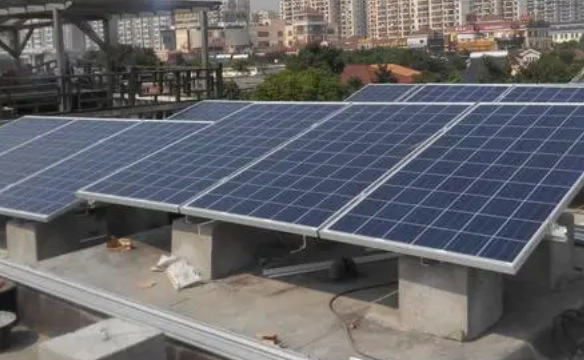With the increasing demand for renewable energy sources, residential solar systems have become popular among homeowners seeking to reduce their carbon footprint and save money on energy bills. However, a reliable and efficient energy storage system is crucial for residential solar systems to function properly. Deep cycle solar batteries have emerged as a popular solution for energy storage in residential solar systems due to their durability, efficiency, and longevity. In this article, we will explore the advantages of deep cycle solar batteries for residential solar systems and why they are an excellent choice for homeowners seeking to power their homes with renewable energy.
One of the key advantages of deep cycle solar batteries is their ability to store large amounts of energy in a small space. This is particularly important for residential solar systems where space is often limited. Deep cycle solar batteries have a higher energy density compared to other types of batteries, allowing for more energy storage in a smaller footprint. This means homeowners can maximize their energy storage capacity and reduce their dependence on traditional power sources.
Deep cycle solar batteries are also more efficient at storing and releasing energy compared to traditional batteries. They are designed to charge and discharge at a slower rate, resulting in less energy loss and higher overall efficiency. This means homeowners can maximize their energy storage capacity and reduce their dependence on traditional power sources.

Moreover, deep cycle solar battery have a longer lifespan compared to traditional batteries, with some models having a lifespan of up to 10 years or more. This makes them a reliable and cost-effective solution for long-term energy storage in residential solar systems. Additionally, deep cycle solar batteries are maintenance-free, meaning they require very little upkeep and can save homeowners time and money in the long run.
Another advantage of deep cycle solar batteries is their ability to operate in a wide range of temperatures, making them suitable for use in residential solar systems located in areas with extreme weather conditions. They can withstand deep discharges without significant damage, making them a reliable and durable option for energy storage in residential solar systems.
Despite these advantages, there are still limitations to deep cycle solar batteries that homeowners should consider. One limitation is their higher initial cost compared to traditional batteries. However, this cost is offset by their longer lifespan and lower long-term maintenance costs.
Another limitation is their weight and size, which can make them difficult to transport and install in residential solar systems. However, advancements in technology have resulted in smaller and lighter deep cycle solar batteries that are more accessible for residential solar systems.
In conclusion, deep cycle solar batteries offer several advantages for residential solar systems, including energy density, efficiency, longevity, and durability. Although there are limitations to their use, such as higher initial costs and weight, the benefits outweigh the drawbacks for homeowners seeking a reliable and cost-effective solution for residential solar systems. With further research and development, deep cycle solar batteries could become a standard component of residential solar systems in the near future.